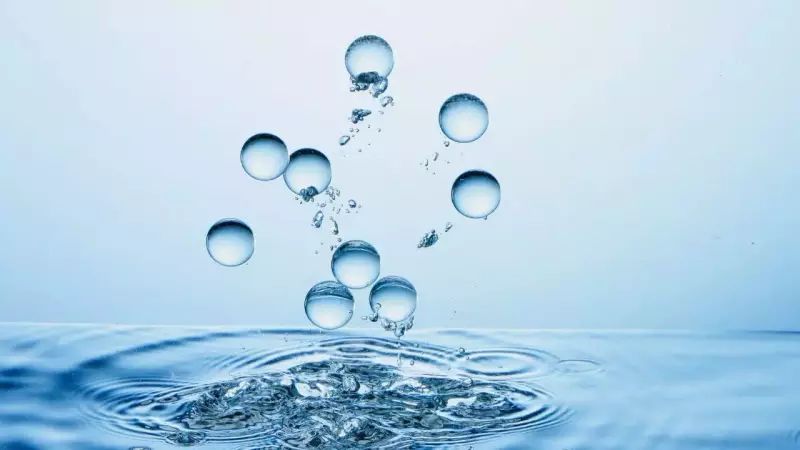
In a discovery that could rewrite astronomy textbooks, scientists have uncovered a revolutionary mechanism for how distant planets might form their oceans - and it all starts with simple hydrogen gas.
The Hydrogen-Water Connection
Groundbreaking research published in the prestigious journal Nature reveals that hydrogen gas, the most abundant element in the universe, can directly interact with rocky planetary surfaces to create water. This process occurs without requiring ice-rich comets or asteroids to deliver water from distant regions of solar systems.
The study demonstrates that when hydrogen-rich atmospheres interact with molten rock on young, forming planets, chemical reactions can generate significant amounts of water. This challenges the long-held belief that water must be "imported" to planets through celestial deliveries.
Rethinking Habitable Zones
This discovery fundamentally changes how astronomers search for potentially habitable worlds. Planets previously considered too close to their stars for liquid water might now be prime candidates for hosting oceans.
The implications are staggering:
- Many more exoplanets could potentially support liquid water
- Habitable zones around stars may be much wider than previously thought
- Water-rich worlds could form in locations astronomers once considered impossible
New Pathways for Life
This hydrogen-water mechanism suggests that the ingredients for life might be more common throughout the galaxy than anyone imagined. Planets forming close to their parent stars, where hydrogen atmospheres can interact with hot, molten surfaces, might become water worlds through entirely internal processes.
The research team used sophisticated laboratory experiments and computer modeling to demonstrate that this process can generate substantial amounts of water - enough to form entire oceans over geological timescales.
This paradigm-shifting discovery not only rewrites how we understand planet formation but also dramatically expands the potential for finding life beyond Earth. The cosmic recipe for habitable worlds just got much simpler - and much more fascinating.






